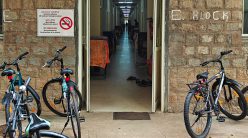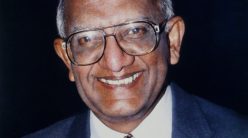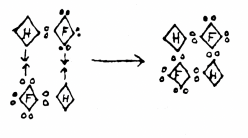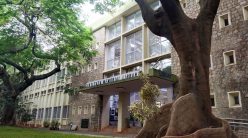A contemporary of B Ramiah, Joseph Aroikiaswamy Doss was also a technician at the Department of Aerospace Engineering for many decades. Here, his son John remembers his father’s work ethic and his commitment to family and faith
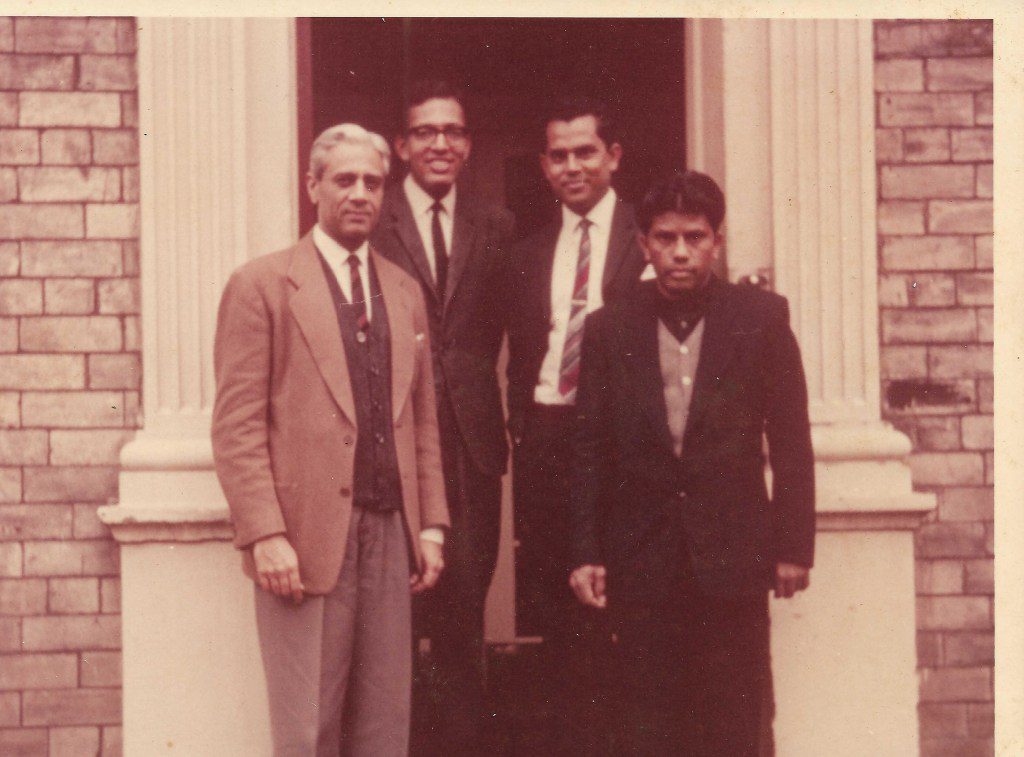
My favourite memories of my father are from the time when I was a young boy – I was the youngest in the family. I would eagerly await his return from work every evening, and when he did, even before he changed, I would sit down right in front of him. And every evening, without fail, he had a story for me from the Institute. These stories were mostly about mynas, bandicoots, and crows. “I gave them my rotis and would have only one left for myself!” he would say.
My father was born into a large family in the Cantonment area of Bangalore in 1926. Being his parents’ oldest son, he had to find work early in life to support his younger siblings. So immediately after his matriculation, he took up a job in a button factory to support their upbringing and education.
In 1943, when my father was still only 17, a family friend called Devanesam took my father to IISc and helped secure a job for him as an apprentice in the Department of Aerospace Engineering (then Aeronautical Engineering). He worked under the guidance of a foreman called Natesh Mudaliar.
In his early years at the department, he had an accident. His ring finger was severed when he was working with a machine. He was taken to the hospital by OG Tietjens, who was then the head of the department. The doctors tried but couldn’t save his finger.
In spite of a missing finger, my father became a skilled carpenter. He was also familiar with all the machines in the workshop. His main job was that of a technician. He used to help all the researchers by implementing their ideas. Sometimes, I felt that he could have been a scientist himself if he had the right qualifications. He even learnt to do machine drawing (he went to Vellore, where he wrote and cleared an exam on the subject).
My father was also very hardworking. He was promoted several times in his career at IISc. From an apprenticeship employee, he rose to become a wind tunnel technician, supersonic project assistant and draughtsman. He retired as a research technician in 1987. But his service was extended because he was very good at what he did. He continued as a part-time employee for a few more years, during which time he worked on several projects.
He was hardworking, honest, sincere, punctual, loyal to his family, and was always up for a challenge
He got a lot of appreciation from the people he worked for. One of his friends, a faculty member in the department called AV Krishnamurthy, told my father, “We’ll start a small-scale industry. I’ll do the investment, you run it.” But my father did not want to take the risk.
Krishnamurthy thought highly of my father. At the time of interviews (to select candidates for the department staff positions), he would ask my dad to sit in on them even though he was not a faculty member. In 1965, he was sent to a UK university on deputation to work with Tietjens, who by then had moved on from IISc. My father worked there for three years, though I’m unable to recollect the name of the university. We were all very proud of him for this. He used to write letters to us regularly when he was there.
I also recall that he had an excellent rapport with two extraordinary scientists of IISc and also of India: Satish Dhawan (Chair of the Department of Aerospace Engineering and later Director of IISc and ISRO) and Roddam Narasimha (who also served as the Chair of the Department of Aerospace Engineering and Director of the National Aerospace Laboratories). Dhawan has visited our house twice. Once when he and my father were both still working, and once after they had both retired. Dhawan also met him when he was in the UK.
My father married my mother, Mercy Celestine, in 1954. The date of their wedding – 10 November 1954 – is etched in my mother’s mangalsutra. My mother, now in her 80s, was born and raised in Ooty (Udagamandalam). She was trained to be a teacher. But once she got married, she stayed at home to look after her children and the house.
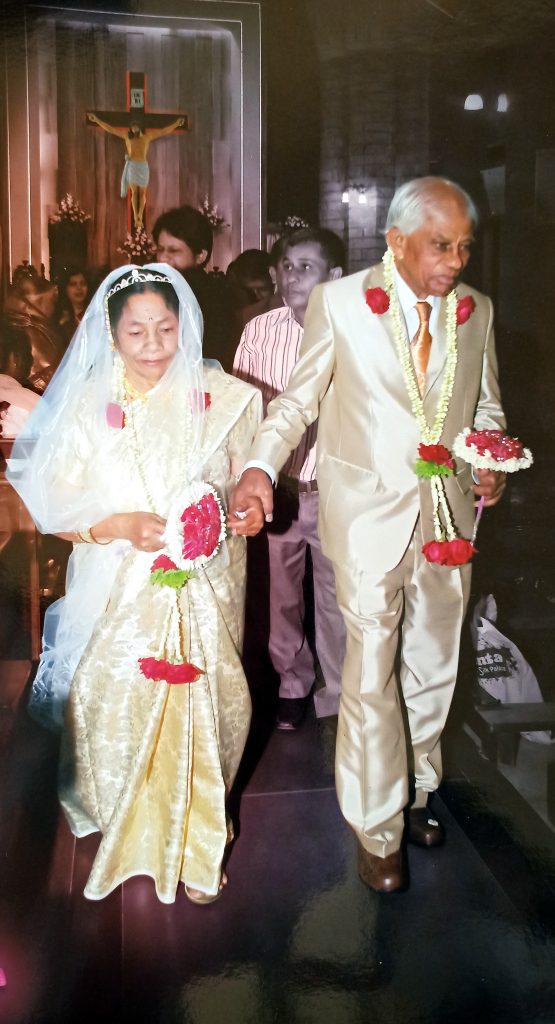
My father was never fussy about anything. He would speak when spoken to (other than for the time he told me stories from IISc) and eat whatever my mother served him. He never cared for fancy things. He rode his bicycle to work every day.
Our house was in Frazer Town in Bangalore (also in the Cantonment area). Even when Dhawan offered to provide my father with quarters on IISc’s campus, he did not leave because my mother refused to move from her house (she also insisted on not going with my father to the UK). She was not keen on moving to a place where she thought she might be lonely. She was happy in her house. Besides, she raised dogs and chickens, and looked after the coconut trees in our yard, something she would not have been able to do in IISc. She and my father lived in this house along with their nine children: six sons and three daughters. Being a religious man, my father did not like the idea of family planning.
My father had a brain tumour in the early 1990s for which he was operated upon. It returned in 2007 and once again it was successfully removed. But sadly in early 2017, he succumbed to a heart attack at the age of 91.
My father was a very spiritual and god-fearing man. He never had any bad habits like smoking or drinking. But he did drink a lot of coffee and tea, which kept him active all the time. He was hardworking, honest, sincere, punctual, loyal to his family, and was always up for a challenge. I try to follow these values in my own life.
(As told to Karthik Ramaswamy, with input from Mercy Celestine Doss)
